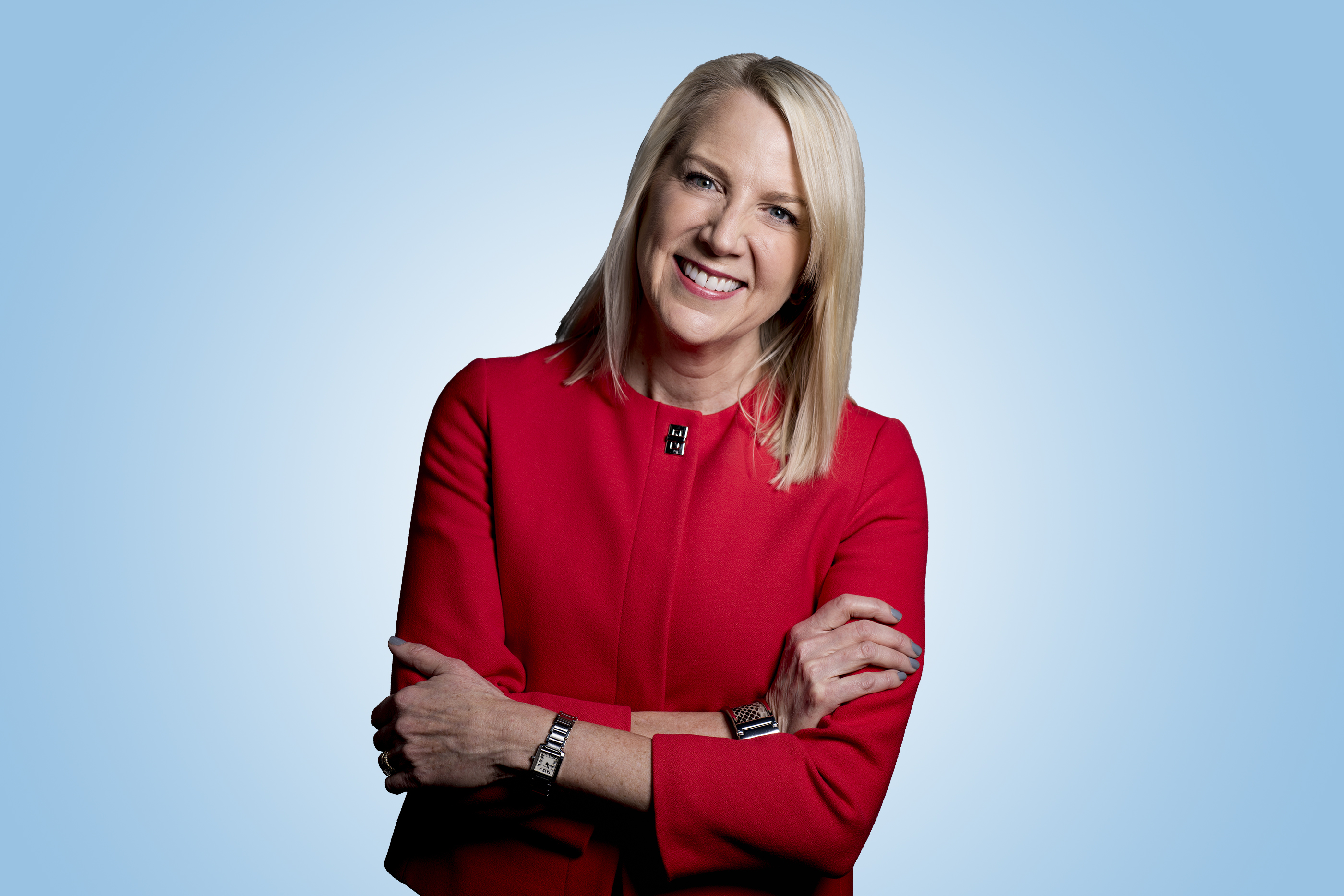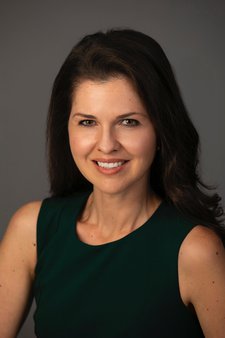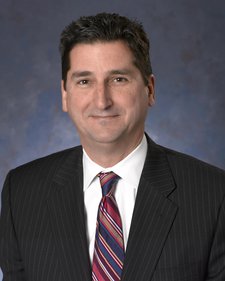
Sergei Klebnikov
Feb. 20, 2019
Investing can often seem complicated, but it doesn’t have to be.
In fact, when it comes to managing your portfolio, a streamlined approach with few funds and fewer accounts can help you make the most out of your money – and could even boost your returns, according to Morningstar Director of Personal Finance Christine Benz.
Benz, who last month published a report on fighting what she calls “portfolio sprawl,” says de-cluttering your investments can be one of the easiest ways to improve your finances. That’s especially true for older workers and those nearing retirement since they’ve had the most time to collect extra baggage.

Sprawl is a problem because it makes it hard to keep tabs on what’s in your portfolio, not to mention your asset allocation across different accounts, she says. “It just requires more oversight than is ideal.”
We interviewed Christine Benz to talk about it. Here are three steps to success:
Consolidate similar accounts
For most investors, your 401(k) is tied to your employer. That means, by the time you’ve switched jobs several times, you’re likely to end up with several of these accounts. That can make it harder to keep track of your savings and push up costs unless you consolidate them into an IRA or your current employer’s 401(k).
Unless you love your current employer’s 401(k), an IRA may be your best bet. Not only is an IRA not tied to your job, they typically offer a far larger range of investment choices, including ETFs, mutual funds and stocks, says Benz.
It’s important to remember that you can only take account consolidation so far, Benz says. If you’re currently employed and contributing to a 401(k), you’re not going to be able to roll those savings into an IRA until you leave your job, for instance. What’s more, there is no way for life partners or married couples to combine their accounts. You have to keep them separate.
Use total market funds
Benz’s next tip: Construct your portfolio around total market index funds.
These funds, now sold by most large fund firms including Fidelity, iShares, Vanguard, and Schwab, offer convenience.
The core three areas you want to focus on: Total U.S. stock market, total international market, and total U.S. bond market indexes. Another idea for your portfolio is to use target-date funds, which hold a mix of stocks and bonds that grow more conservative as you age and can be a “super-efficient” way to save for retirement, according to Benz.
By contrast, Benz thinks most investors can do without regional-, style- or sector-specific specialty funds. While it can be tempting to use these funds to bet on an attractive sector, like U.S. technology companies, owning these options alongside a total-market fund means doubling down on some companies that already represent the largest individual holdings in the broad-based funds.
Of course, if you plan to consolidate your holdings, don’t overlook taxes. In taxable accounts, selling fund shares that have appreciated in value likely means recognizing a taxable gain, even if you immediately re-invest the money. In tax-advantaged accounts like 401(k)s and IRAs, capital gains are not an issue, and you should feel free to adjust your holdings as needed, says Benz.
Don’t overlook cash
Cash is another area of your portfolio that you might not think about much, but where, with a little extra effort, you can easily boost your returns. Default options like brokerage sweep accounts can have notoriously low yields, says Benz.
Instead, check out what’s available from online savings accounts. Recently rising interest rates and fierce competition to attract new customers have triggered a pricing war among the big online banks, says Benz. That means there are great deals for those willing to seek them out.
Another good option is putting money into CDs, especially if you’re looking for a low-risk cash account for retirement. Banks like Ally and Barclays offer some of the highest rates around, with rates at just below 3% for a 12-month maturity.
“You just want to make sure you’re not letting the money lie fallow,” says Benz. “It pays to be discerning.”
This article was written by Sergei Klebnikov from MONEY and was legally licensed by AdvisorStream through the NewsCred publisher network.








